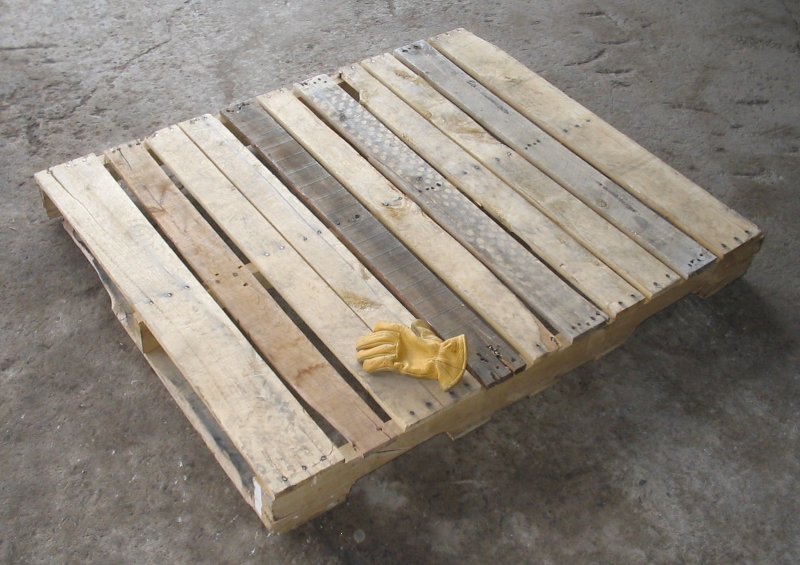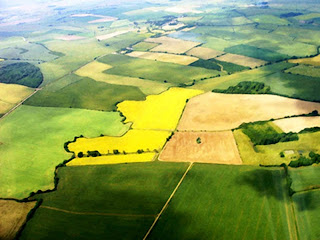 Today I'm addressing two pairs of "spelling challenge" words a reader asked me to discuss. These pairs perplexed me a bit, because they aren't actually homophones. But because they are "kissing cousins" so to speak, pronunciation-wise, you might have gotten mixed up somewhere along the line about which word is which.
Today I'm addressing two pairs of "spelling challenge" words a reader asked me to discuss. These pairs perplexed me a bit, because they aren't actually homophones. But because they are "kissing cousins" so to speak, pronunciation-wise, you might have gotten mixed up somewhere along the line about which word is which.Then
Pronounced then (voiced th, short e like in elephant); rhymes with pen, when, den, wren.Examples
Just then, an ambulance hurtled past.
First Bill arrived, then Frank did.
You're not going to pay me, are you, then?
Mnemonic
THEN is WHEN it HAPPENS.
For more guidance on using THEN in "and then" constructions, see my post "And then...derailment at Conjunction Junction."
Than
Pronounced than (voiced th, short a like in apple); rhymes with man, pan, ran.conj. - connector used to compare an inequality between subjects; function word used to express difference in kind, manner or identity. Often used in a pair with rather (rather...than) to indicate preference.
Examples
Liesl is older than Louisa.
I would rather go swimming than sit on the hot beach
Mnemonics
STAN is more of a MAN THAN you are.
Use THAN to COMPARE APPLES to APPLES.
For more guidance on constructing comparisons using THAN, see my post "Compare with Flair."
Lose
Pronounced lUz (long U sound like used, voiced s / zuh like in laser); rhymes with use, ruse, booze, snooze, choose.This one is tricky, because its spelling is a bit counter-intuitive.
lost, losing
Examples
Do not lose this key, or we can't get back inside.
James tends to lose his temper easily.
Did he lose his ship on that terrible reef?
Helen seems lost in daydreams.
Max, Leo and Parker all hope to lose weight.
Mnemonic
The O sounds like OO, the S sounds like Z;
Make it four-letter LOSE, or LOSE the spelling bee!
Loose
Pronounced lUss (long U like used, unvoiced s, like soup); rhymes with juice, truce, moose, gooseadj. - not rigidly tight or securely fastened; not tight-fitting; detached or disconnected; slack; flexible or relaxed.
loosed, loosing
Examples
Tendrils of hair slipped from Harriet's loose ponytail.
Megan knew her diet was working when her old jeans fit loosely.
Desmond used a loose, flowing brushstroke in these paintings.
Don't let the goat loose, it will eat Mama's petunias!
Jake is constantly loosing his biting tongue on his enemies.
Mnemonics
Don't let the GOOSE LOOSE with the MOOSE; they would SOONER fight than call a truce.
OO-whee, LOOSE and free!
Do these near-miss words trip you up? Any other almost-homophones you'd like me to address in a future post?





































